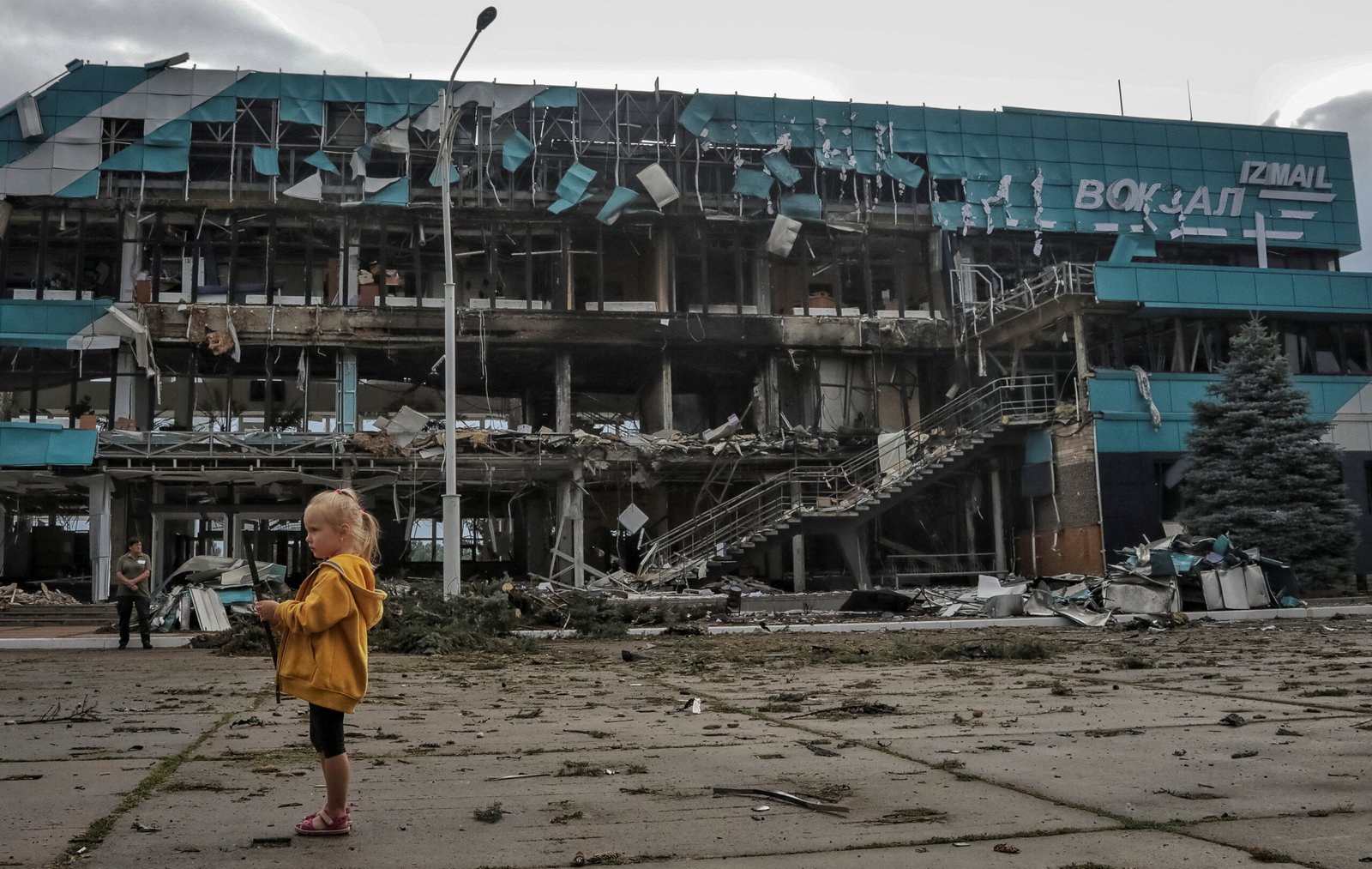Dr Bilawal Kamran
TB is rendered by bacteria (Mycobacterium tuberculosis), most often affecting the lungs. TB is spread through the air when people with lung TB cough, sneeze or spit. A person needs to inhale only a few germs to become infected.
Every year, 10 million people fall ill with tuberculosis (TB). Despite being a preventable and curable disease, 1.5 million people die from TB each year – making it the world’s top infectious killer.
TB is the leading cause of death of people with HIV and is also a significant contributor to antimicrobial resistance.
Most people who fall ill with TB live in low- and middle-income countries, but TB is present worldwide. About half of all people with TB can be found in 8 countries: Bangladesh, China, India, Indonesia, Nigeria, Pakistan, Philippines and South Africa.
About a quarter of the global population is estimated to have been infected with TB bacteria. Still, most people will not go on to develop TB disease, and some will clear the infection. Those who are infected but not (yet) ill with the disease cannot transmit it.
People infected with TB bacteria have a 5–10% lifetime risk of falling ill with TB. Those with compromised immune systems, such as people living with HIV, malnutrition or diabetes, or people who use tobacco and have a higher risk of falling ill.
Tuberculosis (TB) and COVID-19 are infectious diseases that primarily attack the lungs. Both disorders have symptoms like cough, fever and difficulty breathing. TB has a more extended incubation period with slower disease onset.
While the experience of COVID-19 infection in TB patients remains limited, it is anticipated that people ill with both TB and COVID-19 may have poorer treatment outcomes, especially if TB treatment is interrupted. TB patients should take precautions as advised by health authorities to be protected from COVID-19 and continue their TB treatment as prescribed.
Health services, including, national programmes to combat TB, must be actively engaged in ensuring an effective and rapid response to COVID-19 while maintaining TB services. WHO Global TB Programme and regional and country offices have developed an information note to assist health authorities.
Prevention: As per WHO guidelines, measures must be implemented to limit transmission of TB and COVID-19 in congregate settings and healthcare facilities.
Diagnosis: Accurate diagnostic tests are essential for both TB and COVID-19. TB laboratory networks have been established in countries with the support of WHO and international partners. These networks and specimen transportation mechanisms could also be used for COVID-19 diagnosis and surveillance.
Treatment and care: TB programme staff, with their experience and capacity, including in active case finding and contact tracing, are well placed to share knowledge and expertise and to provide technical and logistical support. The use of digital health technologies should be intensified to support patients and programmes through improved communication, counselling, care, and information management, among other benefits.
Human resources: Respiratory physicians, pulmonology staff of all grades, TB specialists and health workers at the primary healthcare level may be points of reference for patients with pulmonary complications of COVID-19.
TB is one of the severest diseases in Pakistan. The bacteria involved get nourished in places of poor nourishment. There are poor infrastructural hygienic issues in society; therefore, there are always chances that TB will spread. Hygienic habits in society are essential to curtailing the disease. Like all other preventions, cleanliness is important. Because it is an infectious disease, therefore awareness of the disease is also essential. International day tuberculosis reminds people worldwide that it is important to create awareness about the disease to have preventive measures. The health system in Pakistan should take up the challenge and implement national and international policies to curtail and prevent the disease. https://republicpolicy.com/healthcare-in-pakistan-a-critical-need-for-reform/
















































